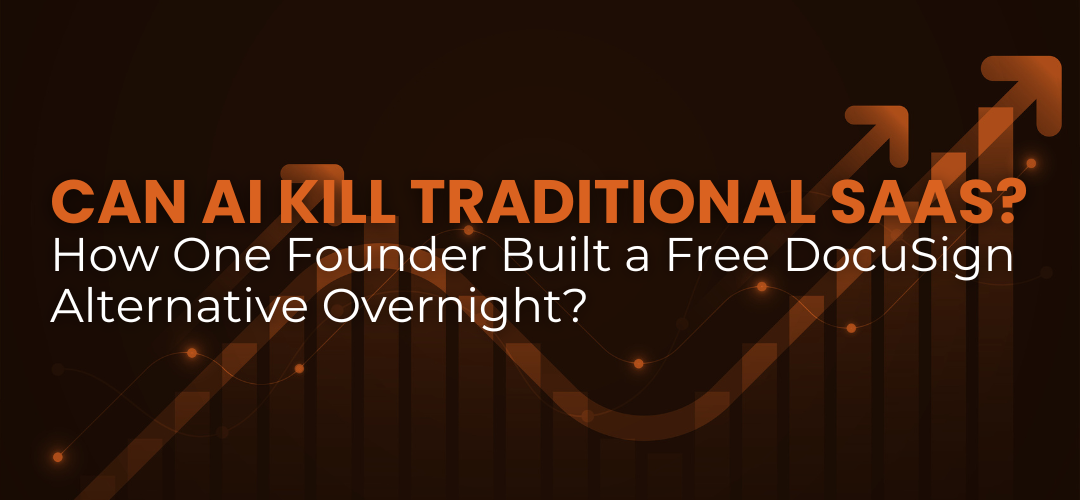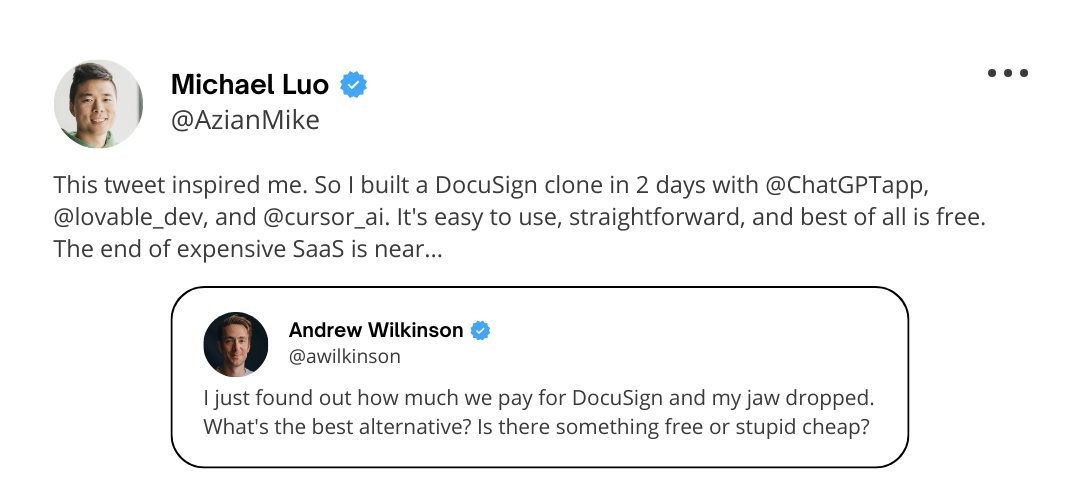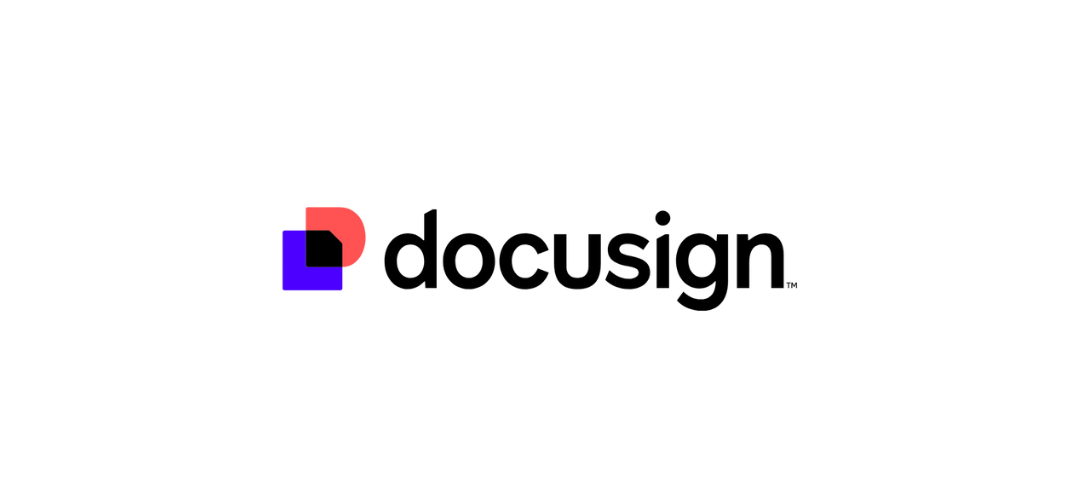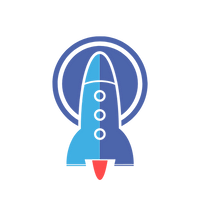
Michael Luo (@AzianMike), a Product Manager at Stripe and former Facebook PM, wasn’t planning to shake up an industry. But when he saw a viral tweet from Andrew Wilkinson questioning the high cost of DocuSign, he spotted an opportunity.
Armed with AI tools, he built a working e-signature platform in two days. No engineering team. No months of development. No budget. And now, his free tool is live, gaining traction, and making companies like DocuSign nervous.

This isn’t a one-time event. It’s happening across the software industry.
Software Development at Warp Speed
Luo used ChatGPT for brainstorming, Lovable for design, and Cursor AI for coding. These tools handled tasks that once required entire teams. AI didn’t just speed things up—it removed barriers that kept people from building software in the first place.
This shift isn’t limited to e-signatures. AI-powered tools are emerging in nearly every software category:
- Productivity – AI-generated Slack alternatives are already being explored, with tools that automate communication workflows.
- Customer Service – AI chatbots are reducing the need for expensive helpdesk software.
- No-Code Development – Platforms like Builder.ai are making software creation accessible to non-technical founders.
The ability to build fully functional software in days isn’t just impressive—it directly threatens companies that have spent years establishing market dominance.
How AI is Disrupting SaaS
Companies like DocuSign, Slack, and Asana built their businesses on subscriptions. They charge high fees because they know switching costs keep users locked in. But when anyone can clone a product in days, those moats start to dry up.

Luo didn’t just copy DocuSign—he erased the business model. And he’s not alone:
- Notion AI launched built-in AI features before smaller competitors could disrupt them.
- Zapier is integrating AI-powered automation to protect its market position from no-code rivals.
- Startups like Chatbot.com are replacing expensive customer support tools with AI-driven solutions.
Traditional SaaS companies aren’t just facing new competitors—they’re up against a wave of products that don’t need to charge for survival. Investors are noticing. Some are questioning whether SaaS valuations, once seen as untouchable, will hold up in an AI-driven world.
How SaaS Companies Can Fight Back
SaaS leaders still have ways to compete, but it requires moving fast:
- Integrate AI Before Competitors Do – Add AI-driven features before customers start looking for cheaper alternatives.
- Build an Ecosystem – A single product is easy to copy, but a fully integrated platform makes switching harder.
- Focus on Enterprise Needs – AI-powered clones might work for individuals, but security, compliance, and customer support still give established companies an edge.
Companies that don’t adjust risk losing ground—quickly.
How Startups Can Take Advantage of AI’s Disruption
AI-powered software isn’t just a threat—it’s an opportunity. The next wave of successful startups will be built by those who recognize how AI lowers barriers to entry.
A Playbook for Founders Looking to Build an AI-Powered SaaS
- Identify Overpriced Software – Look for SaaS tools with high margins and features that can be automated with AI.
- Use AI to Build a Fast, Lean Alternative – Automate as much as possible to lower costs and reduce development time.
- Launch Quickly – Speed is key. AI-driven competitors will move fast, so early momentum is critical.
- Offer a Free or Affordable Option – Undercut legacy providers who are stuck in high-cost pricing models.
- Automate Operations to Scale – AI can handle customer support, onboarding, and product improvements, keeping overhead low.
For founders, this is a rare moment where small teams can build software that competes with billion-dollar companies. Those who act fast will have the advantage.
What Happens Next?
AI-powered products aren’t just coming—they’re here. The next wave of software won’t be built in boardrooms with massive budgets. It’ll come from people who see gaps in the market and use AI to fill them. The old playbook—high prices, slow innovation, and reliance on brand loyalty—is falling apart.
Companies that adapt will find ways to offer more than just features. Companies that don’t? They might not be around for long.
Luo’s DocuSign clone is just one example. The real shift is still ahead.
ShotCallerAI #AI #SaaS #Disruption
